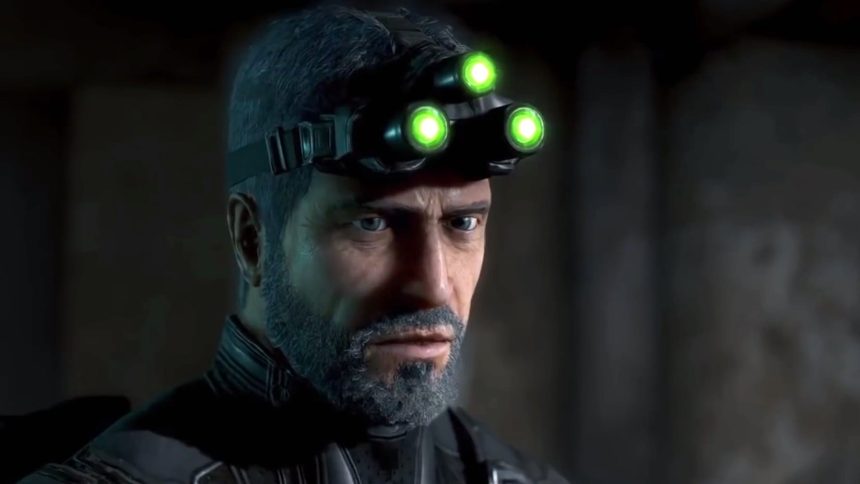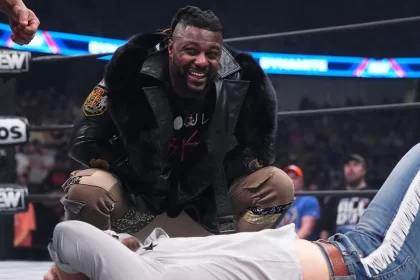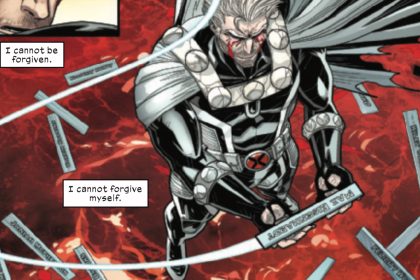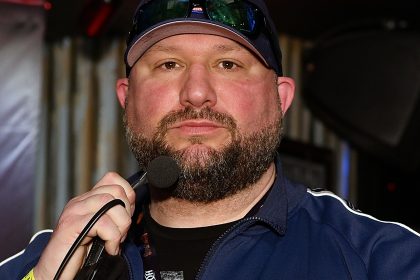Hideo Kojima, renowned for directing iconic games like Metal Gear Solid and the upcoming OD, has carved a distinct path in the gaming industry marked by his strong presence in marketing and collaborations with Hollywood celebrities.
His status as an auteur, blending creative vision with team execution, has been widely acknowledged. Francois Coulon, director of the original Splinter Cell, praises Kojima’s ability to lead teams effectively, resulting in games that redefine genres and set industry standards, such as Metal Gear Solid’s pioneering stealth mechanics.
Kojima’s career began in the 1980s with titles like Snatcher and early Metal Gear games, showcasing his talents as a director, designer, and writer. However, it was Metal Gear Solid that propelled him to auteur status, known for its anti-war themes and cinematic storytelling.
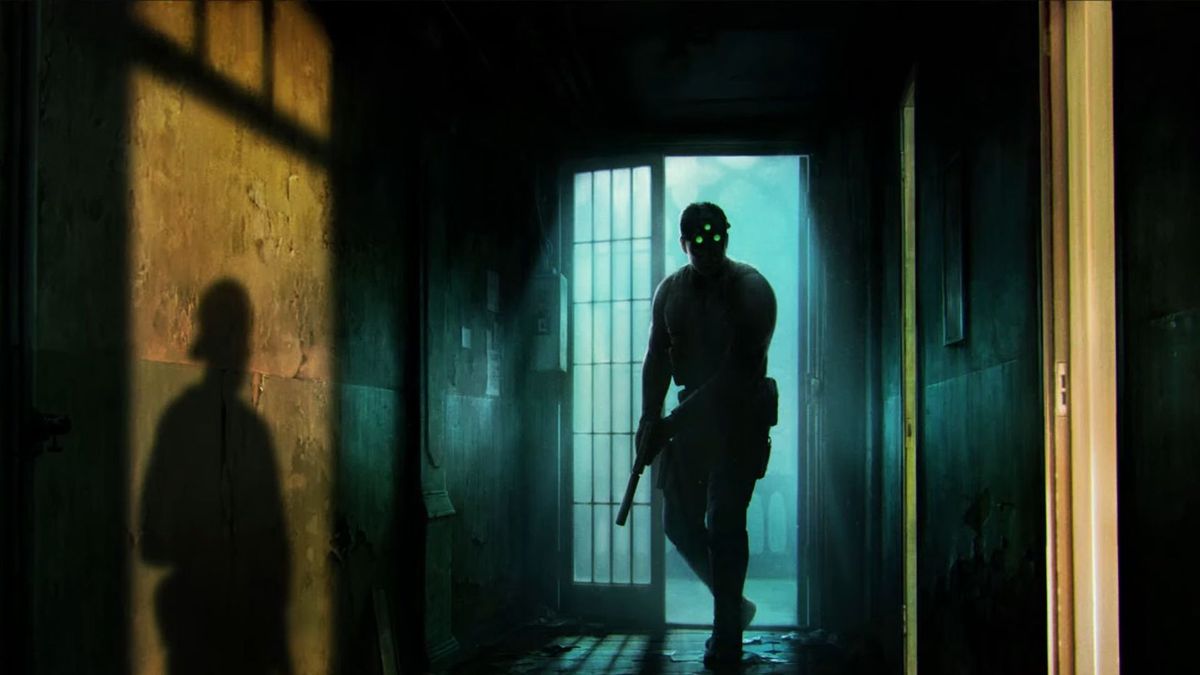
Despite the evolving landscape of blockbuster game development involving large teams, Kojima continues to be seen as the principal creative force behind projects like Death Stranding 2, prompting debates on the role of auteurs in modern game production.
Critics question whether Kojima can still be solely credited as the creative force behind games with extensive development teams. While some argue that his leadership style and vision define the end product, others suggest that attributing success solely to him overlooks the collaborative efforts of many developers.
Nevertheless, Coulon believes Kojima remains a pivotal figure, influencing not only gameplay mechanics but also shaping the broader narrative and thematic directions of modern gaming.
The impact of Kojima’s “clear rules” in Metal Gear Solid on subsequent game design, particularly in defining stealth mechanics, underscores his lasting influence on the industry. As gaming continues to evolve, Kojima’s ability to innovate and inspire remains a subject of fascination and debate among developers and critics alike. His upcoming projects, including OD, continue to generate excitement and curiosity, reinforcing his status as a visionary whose work extends beyond gaming into broader cultural conversations.

